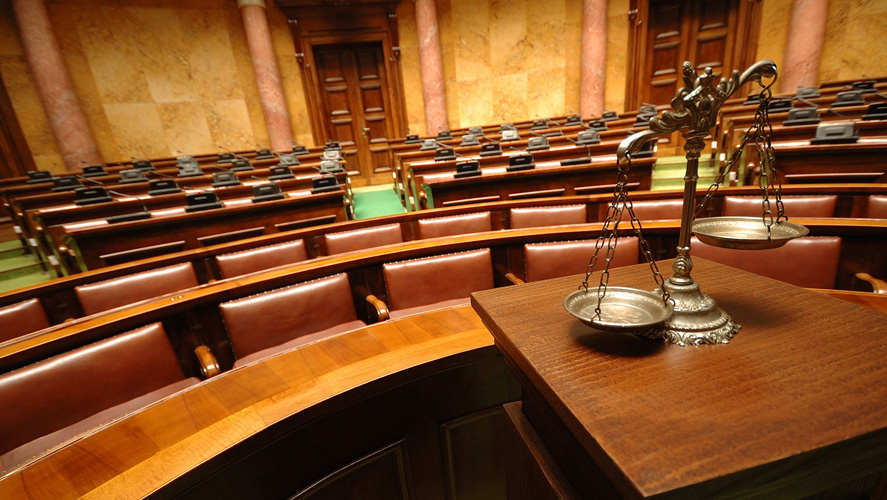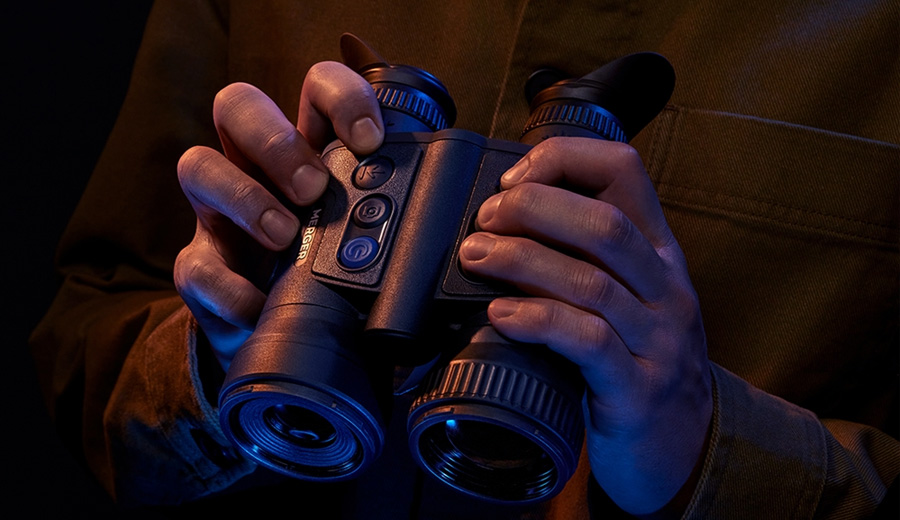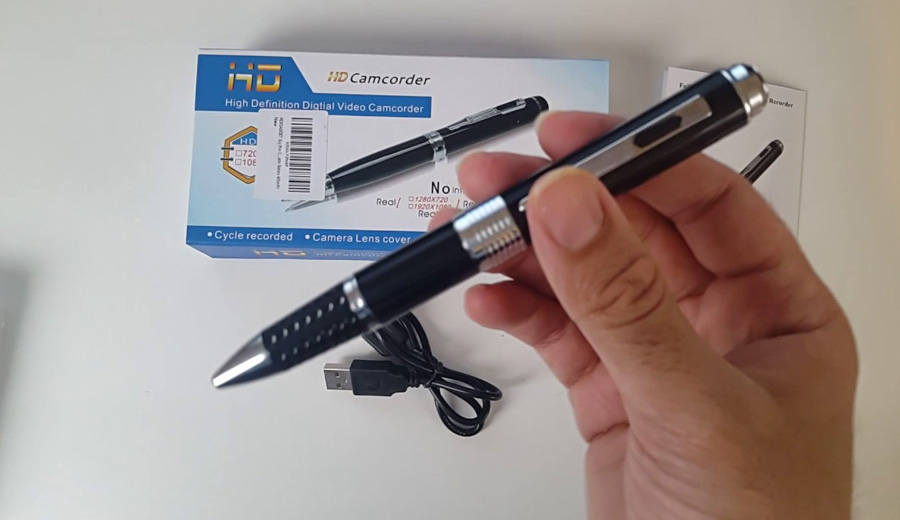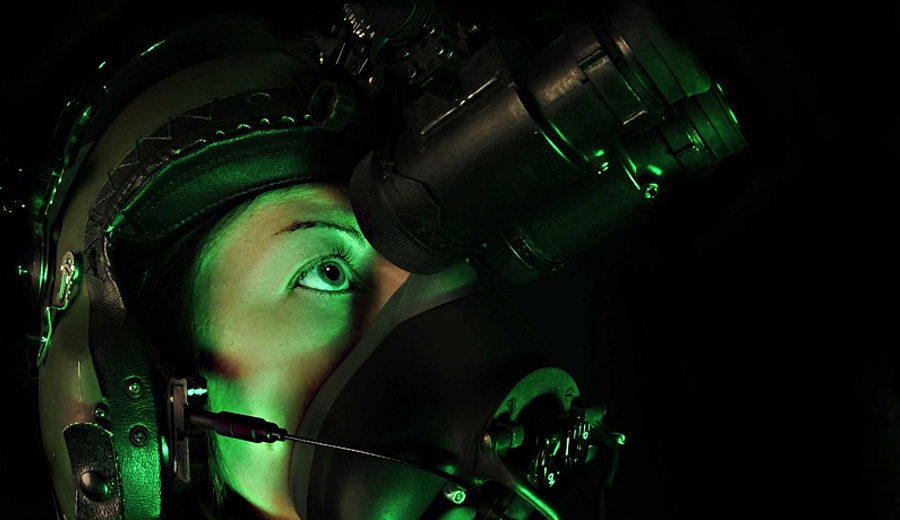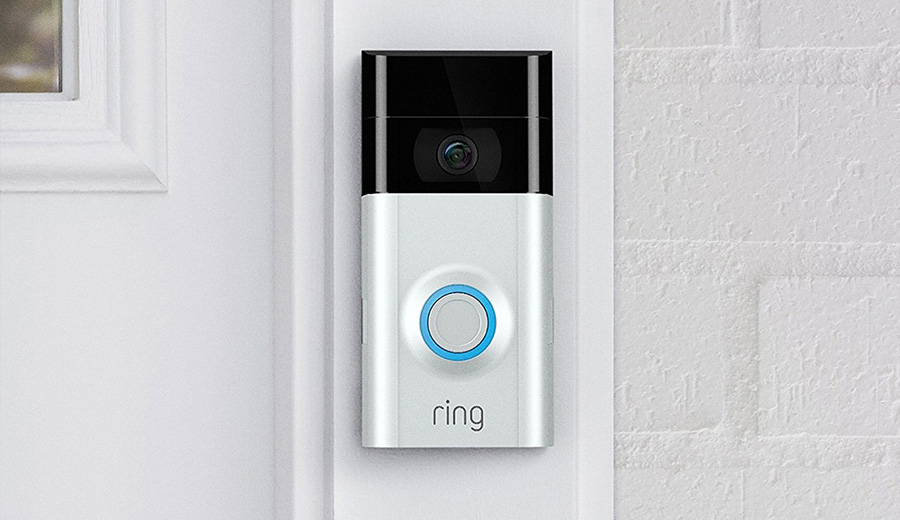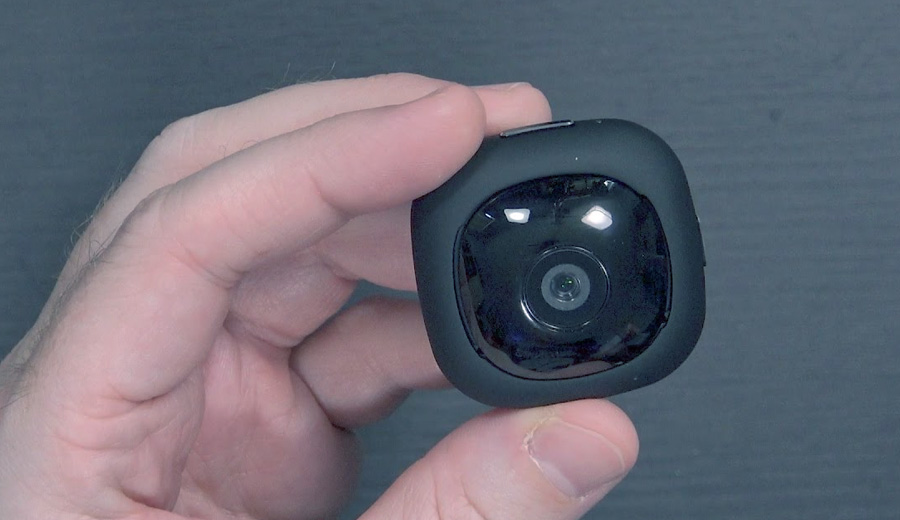In an age where technological advancements have paved the way for heightened surveillance capabilities, parents often turn to spy cameras for monitoring their children.
While these devices offer a sense of security, their use raises significant ethical and legal considerations that need careful contemplation and a larger discussion.
Ethical Considerations
Privacy and Autonomy
The first ethical issue that has to be considered while the parents utilize spy cameras to monitor their children is a violation of their right to privacy and freedom. Much like adults, kids also deserve the right to privacy. Constantly monitoring may hinder a child’s experience of autonomy/independence, thereby affecting trust in family.
Trust and Relationship Dynamics
Such deployment of spy cameras without the children’s knowledge can be an affront to the trust. The emotional development of children depends on their ability to build and sustain relationship. This non-consent surveillance can have an adverse effect on the parent-child relationship in the long run.
Psychological Impact
Spy cameras could trigger constant feelings of being watched and mistrust in children, with negative impacts on their mental and emotional state. The fact that they may be under constant observation may leave long lasting psychological marks on their character.
Legal Considerations
Consent and Privacy Laws
Surveillance and privacy laws also vary by region. However, private spaces require usually demand consent for both parties for video or audio recording. Without following proper legal regulations installing the spy cameras can be against the privacy law and hence can bring legal implications.
Child Protection Laws
However, laws are designed to protect the rights of children since parents cannot guarantee their physical and psychological security. Spy cameras must be in accordance with child protection laws otherwise they will cross lines that may limit children’s rights.
Workplace and Public Area Regulations
Extending the oversight into in-home daycares or the communal areas may encroach upon workplace and community laws. It is of paramount importance to have a clear understanding of these legal differences to avoid running into any legal problems.
Striking a Balance
It is necessary to balance the ethical and legal aspects of using spy cameras to monitor children, nannies, babysitters as well. Here are some considerations for parents to navigate this delicate balance:
Open Communication
Begin discussing with children about the importance of security cameras in an open and child-friendly manner. Discussing boundaries and explain why it’s being implemented can create a sense of trust and shared understanding.
Limited and Purposeful Use
Apply spy cameras sparsely and intentionally. It is possible to implement them only in particular situations or areas with regards to their safety implications and thus minimize their encroachment on children’s privacy.
Respect for Privacy
Respect a child’s right to privacy. Do not put cameras in locations like bathrooms and areas where kids expect some privacy. Children need to be allowed to retain their sense of autonomy, and respecting these boundaries can help in this regard.
Best Practices and Recommendations
Legal Consultation
Make sure to consult a lawyer before installing spy cameras as you need to ensure that the installation of spy cameras is in accordance with the local surveillance laws as well as privacy regulations. Getting a legal expert consultation can prevent the complications.
Opt for Visible Cameras
Opt for cameras that are visible whenever possible. For clarity, the visible cameras can act as a deterrent and also show transparently during the monitoring process.
Regular Review and Evaluation
Periodically assess how appropriate the surveillance is. However, circumstances may change as children grow necessitating a need for constant monitoring. Review the use and need of spy cameras at regular intervals.
Conclusion
This practice of spying entails some ethical and legal issues associated with the use of spy cameras for child monitoring.
However, parents who wish to rely on such instruments have to walk a tightrope between protecting their child and defending their right of privacy and autonomy. In this respect, open communication, compliance with legal requirements, and prudent consideration of security versus privacy are critical.
Ultimately, the ethical and legal implications of using spy cameras for child monitoring underscore the importance of a thoughtful and cautious approach in safeguarding both a child’s well-being and importance of their privacy.

